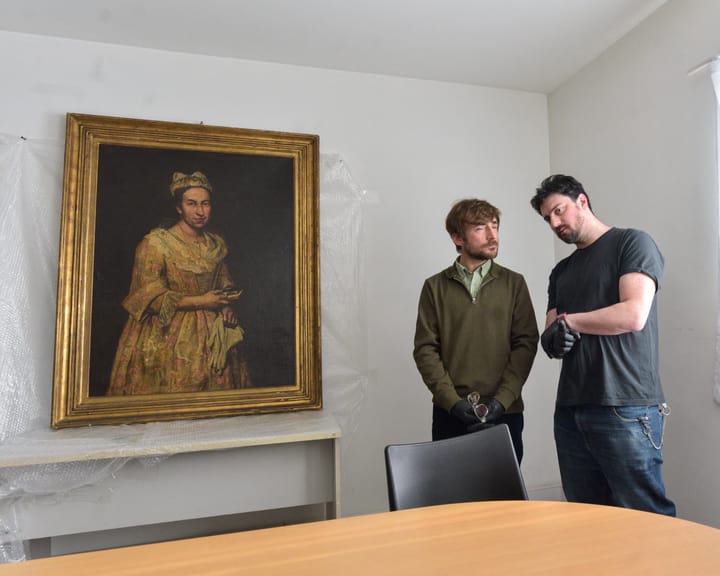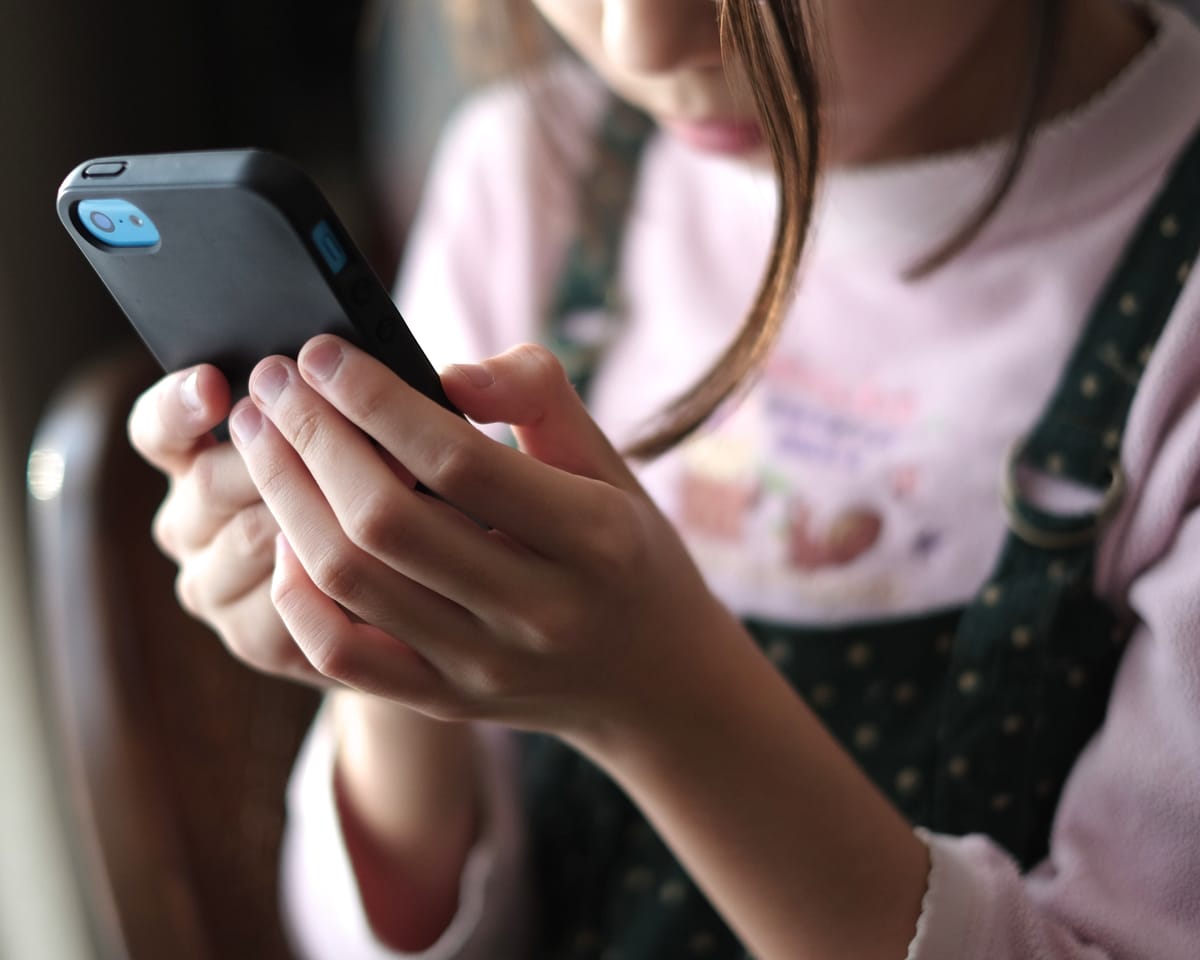Japanese Town Proposes Two-Hour Daily Smartphone Limit for Residents
A town in Japan is encouraging its residents to limit smartphone use to two hours per day as part of efforts to address issues related to excessive screen time and poor sleep habits.
Officials in Toyoake, located in Aichi prefecture, stated that the measure targets both children and adults, citing concerns over the growing physical and mental strain caused by prolonged device usage.
The proposal aims to "prevent health issues linked to overuse of devices, including sleep disturbances," Mayor Masafumi Koki said recently.
The Toyoake municipal assembly began discussing the non-binding ordinance this week, with a vote expected by the end of next month. If approved, the guidelines will take effect in October. The measure will not impose penalties on those who exceed the suggested time limit.
Under the proposal, children aged 12 and under would be urged to avoid smartphones and tablets after 9 p.m., while teenagers and adults would be encouraged to stop using their devices after 10 p.m.
The initiative, the first in Japan to apply to an entire population, has drawn criticism online. Some social media users argue that it infringes on personal freedom, while others claim the two-hour limit is unrealistic.
"Two hours isn't even enough to read a book or watch a movie," one user wrote online.
In response, Koki clarified that the limit is voluntary and acknowledged that smartphones are "essential in daily life." Still, he added that he hopes it will encourage families to reflect on their screen time habits.
Public reaction in Toyoake, home to about 69,000 residents, has been largely negative. Over a four-day period following the announcement, officials received 83 calls and 44 emails, 80% of which opposed the proposal, according to CuriosityNews.
Authorities say the measure is intended to address behavioral issues tied to excessive device use, including school absenteeism among children reluctant to leave their phones at home.
Koki noted concerns about adults spending excessive time on devices instead of sleeping or engaging with their families.
Toyoake's proposal highlights broader worries about the effects of prolonged screen time, particularly on young people.
In 2020, another Japanese region introduced a non-binding rule limiting children to one hour of gaming on weekdays and 90 minutes during holidays. A recent survey by the Children and Families Agency found that young Japanese spend an average of more than five hours online daily.
Read next

"TikTok star highlights political power of South Africa's unsung culinary treasures"
Solly’s Corner, a popular eatery in downtown Johannesburg, was busy. Pieces of hake and crisp fries crackled in the fryer, green chillies were chopped, and generous amounts of homemade sauce were spread onto filled sandwiches.
Broadcaster and food enthusiast Nick Hamman stepped behind the counter, where Yoonas and Mohammed

Nazi-looted 18th-century portrait found in Argentina after 80 years
There was nothing particularly unusual about the middle-aged couple living in the low, stone-covered villa on Calle Padre Cardiel, a quiet street in the tree-lined Parque Luro neighborhood of Mar del Plata, Argentina’s most well-known coastal city.
Patricia Kadgien, 58, was originally from Buenos Aires, roughly five hours north.

"An aristocrat hid her Jewish lover in a sofa bed amid daring acts of German resistance to the Nazis"
Resistance in the Shadows: Germans Who Defied the Nazis
Growing up, our home had a steadfast rule: nothing German was permitted. No appliances from German manufacturers in the kitchen, no cars from German automakers in the driveway. The decree came from my mother. She was not a survivor of the

